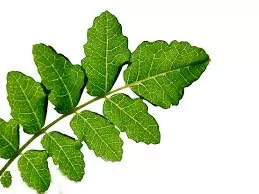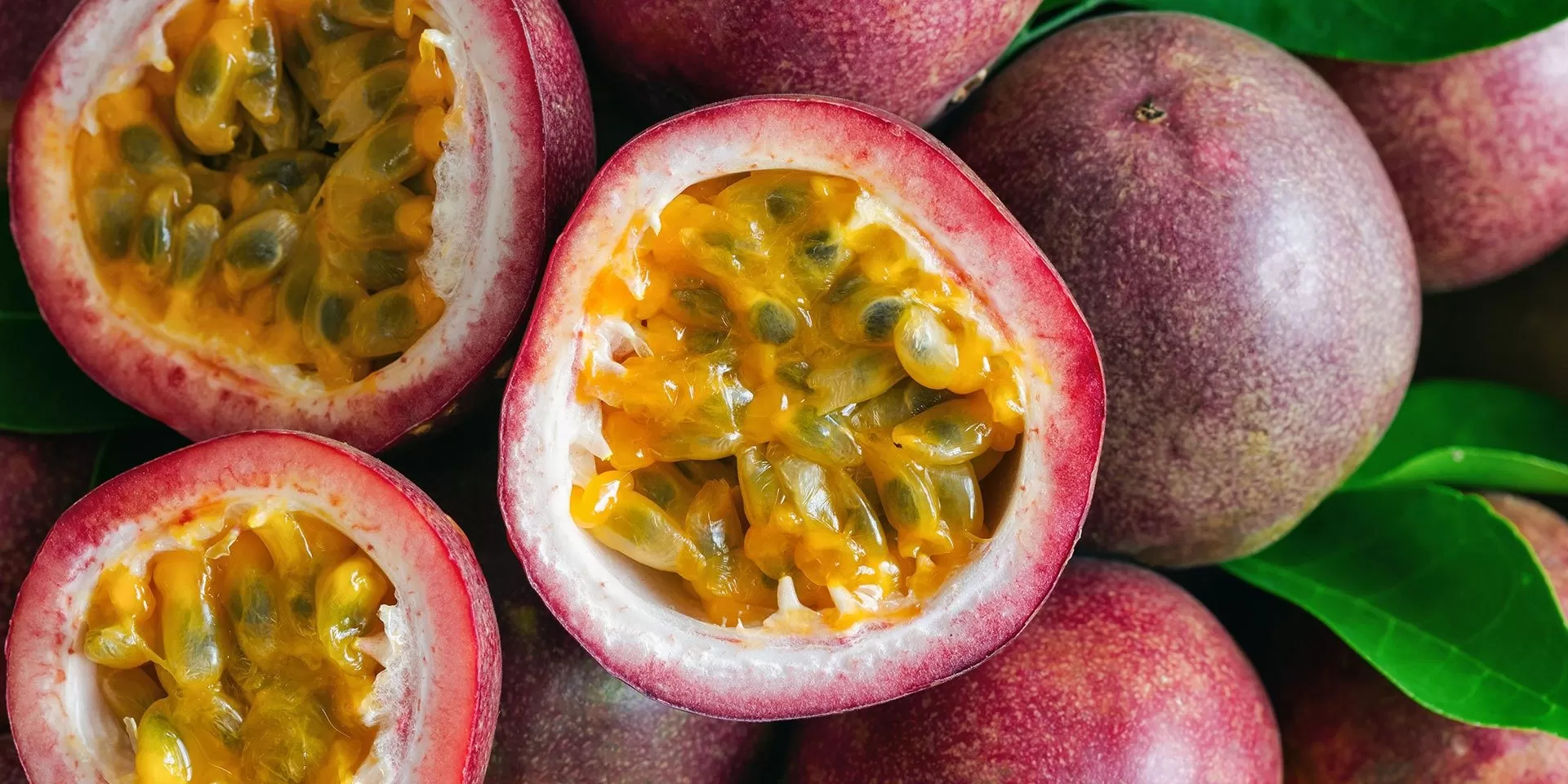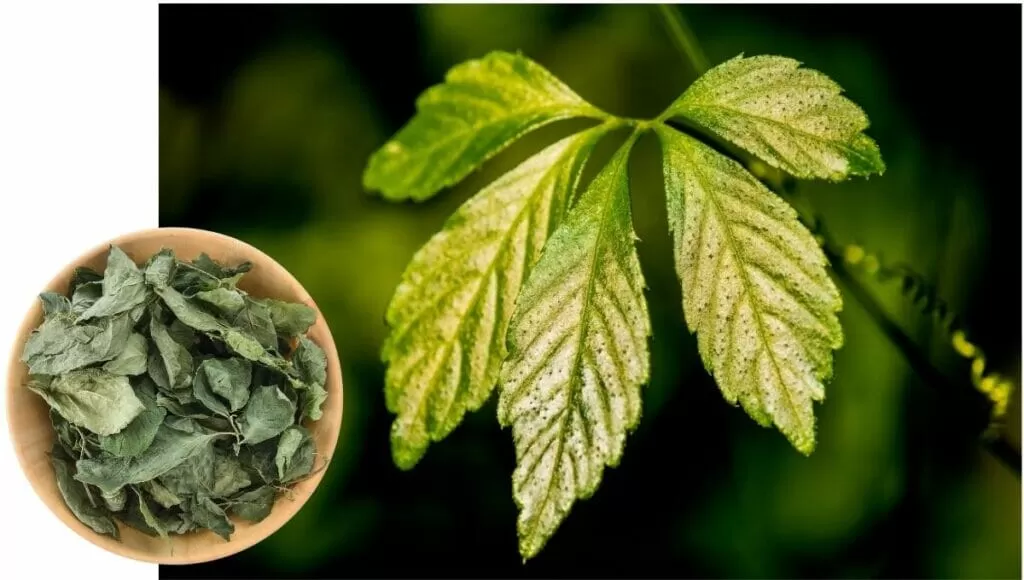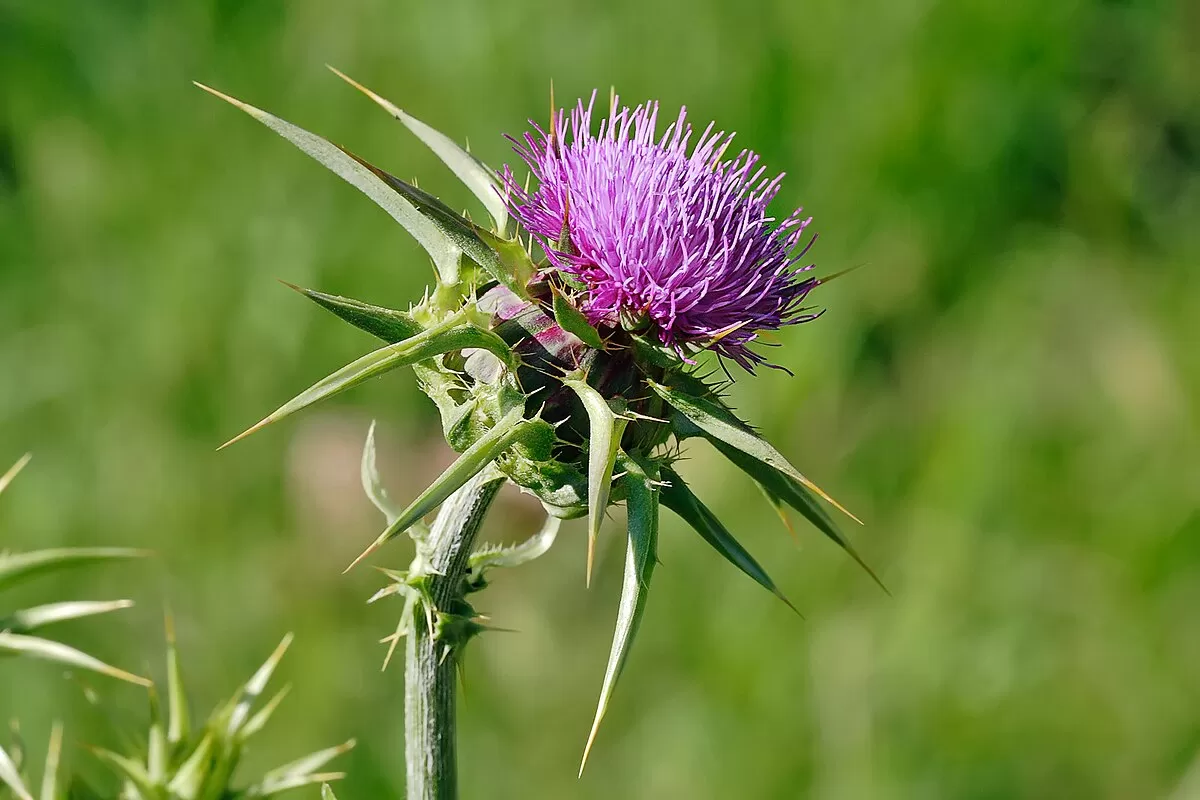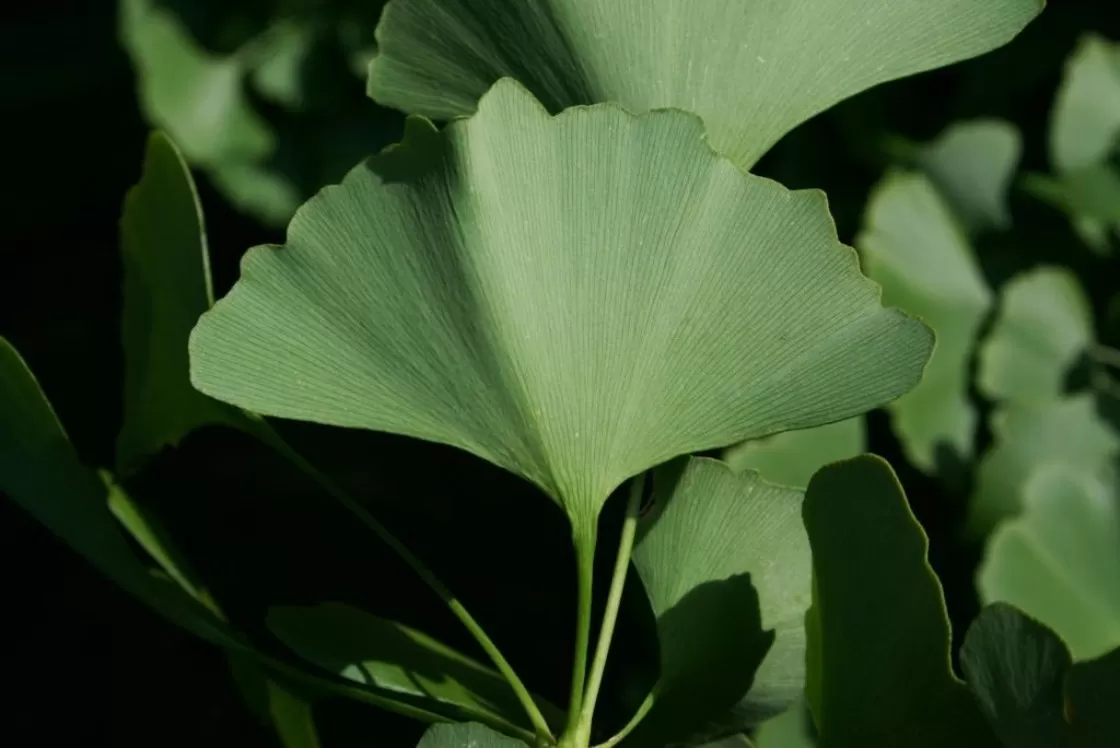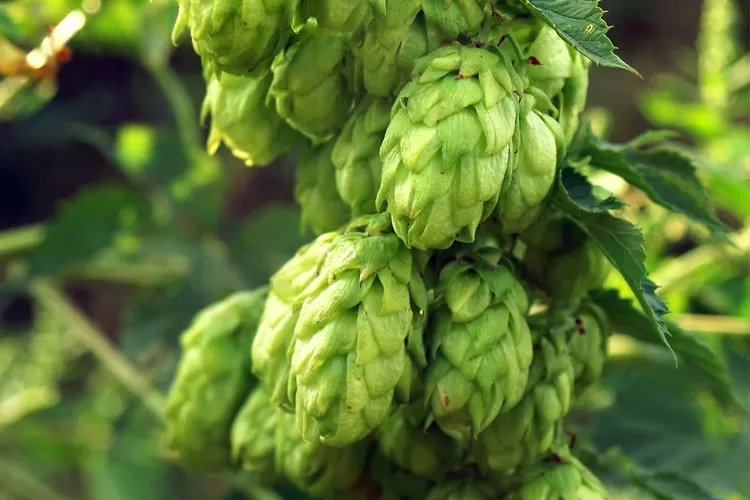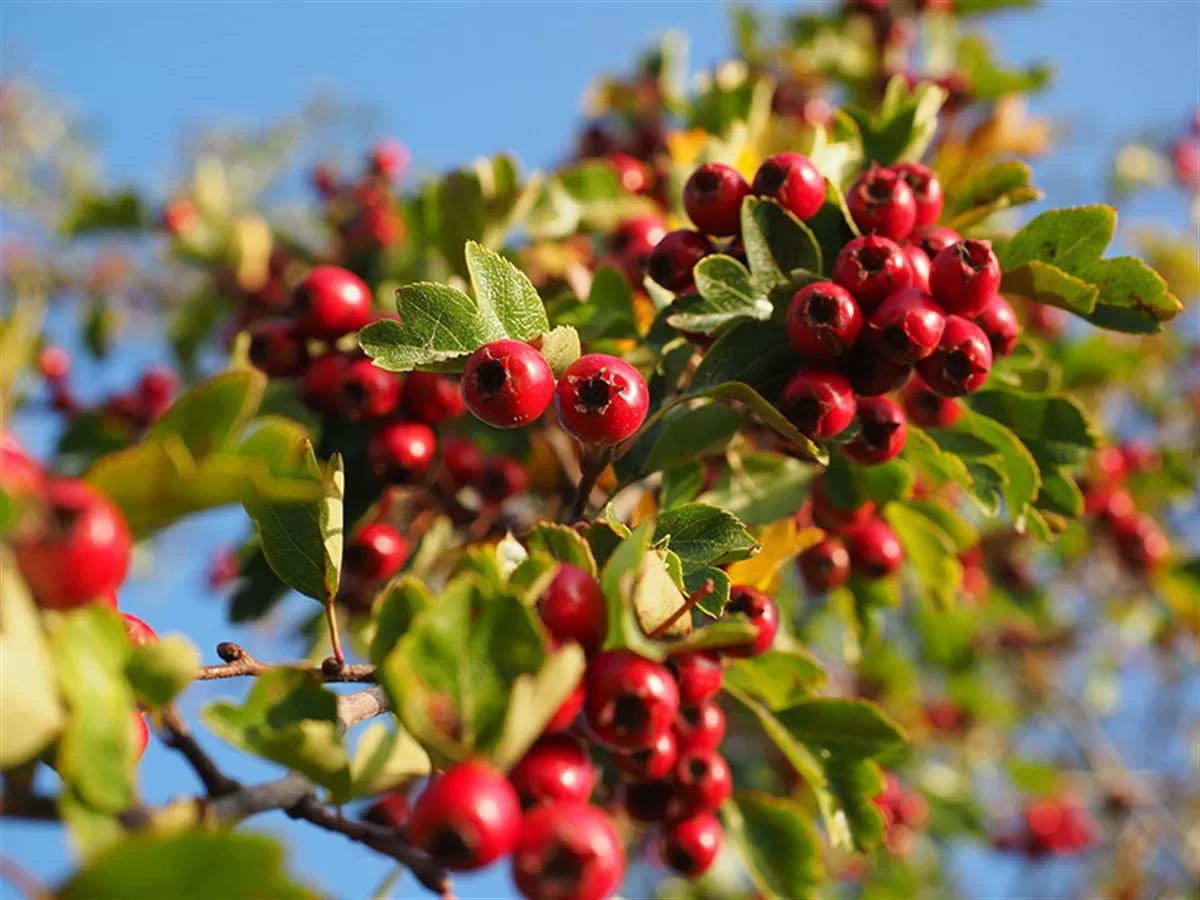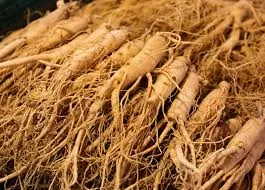- 0086-571-85302990
- sales@greenskybio.com
Guardians of Nature: Ghana’s Rural Communities Uphold Medicinal Tree Traditions Amid Conservation Ch
2025-03-21
In the rural landscapes of southwestern Ghana, where access to conventional medicine is limited, communities rely extensively on medicinal trees to treat a host of ailments. A recent study sheds light on this practice while warning of the risks posed by overharvesting and deforestation.
Published in Heliyon, the study reveals that communities near the Asukese and Amama forest reserves harness 70 tree species from 33 families for their pharmacological benefits, combating conditions with anti-inflammatory, anti-malarial, and antimicrobial properties, among others. Herbal medicine functions as a vital resource in these areas, with traditional healers often providing the first and, sometimes, only line of healthcare.
"The use of herbal medicine equates to 'first aid' in rural settings, often proving more accessible and effective than conventional treatments," explained study co-author Michael Asigbaase from Ghana’s University of Energy and Natural Resources.
Local knowledge, captured through interviews with Indigenous groups like the Akan-Bono and northern tribes, revealed rich ethnobotanical traditions tied to spiritual and cultural identities. Notably, widowed participants showed a deeper understanding of plant medicinal properties, possibly linked to necessity stemming from limited resources.
The study highlights Azadirachta indica, known as neem, as a widely utilized species among the communities. The research correlates plant families like Fabaceae, Apocynaceae, and Arecaceae with rich pharmacological value, reinforcing previous ethnobotanical findings.
However, the study also draws attention to threats facing these trees, including their use for fuel, construction, and burgeoning agricultural expansion. The United Nations reports a deforestation rate in Ghana exceeding 135,000 hectares annually, with many medicinal species at risk of local extinction within a decade.
Recognizing both ecological and cultural importance, the demand for sustainable harvesting is a pressing issue, exacerbated by high demand for species like Khaya for herbal products. Asigbaase notes the necessity for conservation efforts at local and industrial levels.
Encouragingly, community-led initiatives and government programs aim to restore and protect local forests, although their impact remains under review. The Modified Taungya System, an agroforestry approach, engages locals in restoration through crop cultivation on degraded lands.
Despite challenges, the study found consistent ethnobotanical knowledge across demographics, suggesting successful traditional practices of knowledge sharing—an essential factor for conserving biodiversity.
“This collective sharing promotes health solutions through a wealth of ethnobotanical knowledge passed among community members,” Asigbaase remarked.
Ultimately, these findings emphasize the vital role local knowledge can play in managing biodiversity sustainably, showcasing the delicate balance between cultural heritage and ecological conservation.
-
Passion Fruit: Health Benefits and Enjoy
2025-03-21
-
Hops: All You Need to Know
2025-03-21
-
Hawthorn: What You Need to Know
2025-03-21





